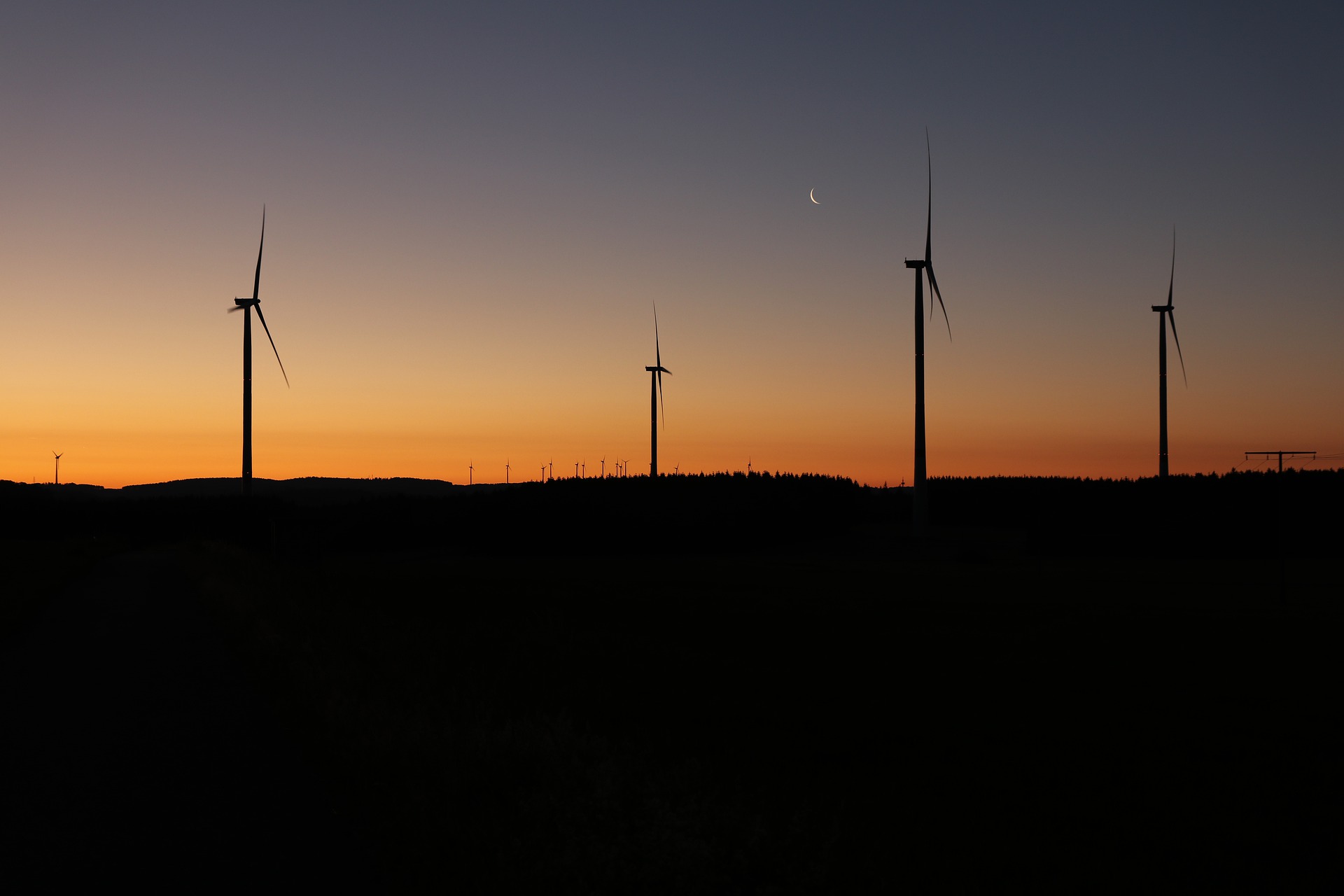

Indonesia has ambitious targets to increase the overall power system capacity and electrification within the country. As part of that ambition, Indonesia has formulated a goal of achieving a share of 25 % renewable in the power sector fuel mix by 2025. A part of that goal can be achieved by using variable renewable energy sources such as wind and solar power.
In cooperation with the Danish Embassy, Jakarta, the Danish Energy Agency and the Danish Transmission System Operator Energinet.dk Ea Energy Anlyses has carried out a project to support the integration of variable renewable energy in Indonesia. The project was financed by an Environmental Support Programme, under the programme phase (ESP3) running from 2013 to 2017. The ESP3 is a cooperation of the Indonesian and Danish Government with the overall objective is to support the Government of Indonesia (GoI) in reconciling economic growth with sustainable development through improved environmental management and climate change mitigation and adaptation.
The support for integration of variable renewable energy in Indonesia has two main objectives:
For this objective, the project consisted of three main activities comprising:
Workshop in Jakarta, November 2016
The workshop on Danish experiences with integration of wind power was held in Jakarta ultimo November 2016. In cooperation with the Danish Embassy, Jakarta, the Danish Energy Agency and the Danish Transmission System Operator Energinet.dk Ea Energy Analyses presented Danish Experiences with Integration of variable renewable energy in the power system, and discussed the options for the Indonesian power system with the 60 participants at the Workshop. The participants were mainly officials from the Indonesian Ministry of Energy and Mineral Resources as well as from the state owned utility PLN.
The workshop is part of the strategic sector cooperation between Indonesia and Denmark on Renewable Energy (RE) and Energy Efficiency (EE) that was initiated in January 2016 and lasts until end 2018. The overall objective of the cooperation is to assist Indonesia in developing policies and strategies to achieve the national RE and EE objectives.
The Danish team comprised experts from Energinet.dk, EA Energy Analyses and the Danish Energy Agency. The workshop was facilitated and moderated by the Danish Embassy. Further, Siemens Wind Power and Vestas provided presentations. The energy cooperation builds on the development cooperation, Environmental Support Programme, and stresses the partnership between Indonesia and Denmark on energy.
The Indonesian power system is comprised of a few larger systems, with the Java-Bali system being the largest with 80% of total electricity consumption, and many small isolated power systems. Danish Experiences can be relevant especially for the large systems and for interconnecting medium size systems. In the largest systems, wind penetration is currently not foreseen to be reason for integration challenges, but in smaller systems, wind power penetration can potentially quickly reach significant numbers, and advanced measures for integration of variable renewable energy sources will become relevant.
The Indonesian experts also showed interest in the Danish experiences from the general regulatory framework of ensuing funding for renewable energy and creating a reliable market for investors, while keeping the price for electricity generation and system operation at a reasonable level for endconsumers.

Find information about one of our projects in Türkiye here.